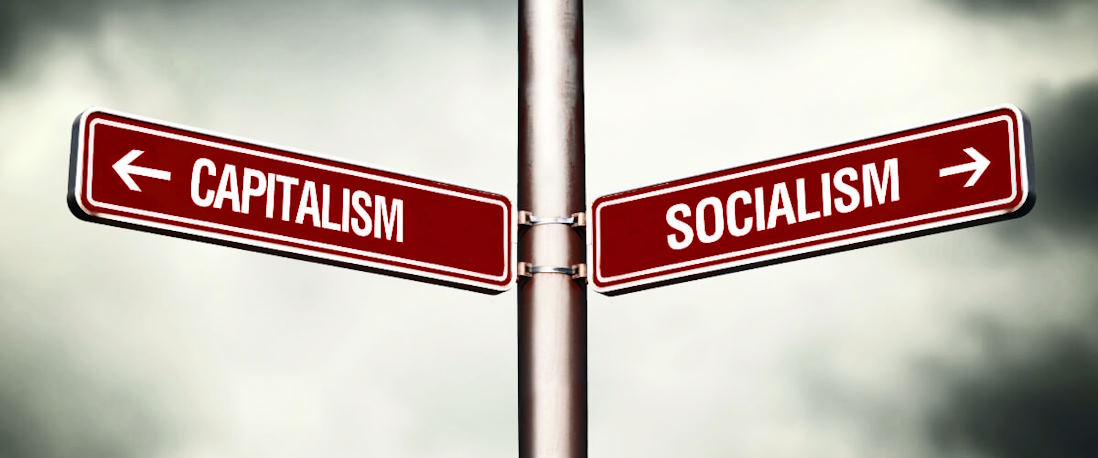
What Type Of Economic System Is The Most Efficient?
The quest for the most efficient economic system has fueled debates, shaped ideologies, and guided policy decisions throughout history. As we traverse the intricacies of capitalism, socialism, and mixed economies, a pivotal inquiry takes center stage: Which economic system proves to be the most efficient?
Which one is the most efficient?
Determining the most efficient economic system is a nuanced and contentious topic, as different systems come with their own strengths and weaknesses. The assessment often depends on the specific goals and values a society prioritizes. Here’s a brief exploration of the efficiency considerations in major economic systems:
Capitalism
Capitalism, celebrated for its dynamic attributes, stands out for fostering innovation, promoting healthy competition, and facilitating the efficient allocation of resources in response to market demand. The market-driven approach of capitalism encourages businesses to innovate and compete, driving economic growth and technological advancement.
However, this praise comes with a counterbalance of critiques. Critics argue that capitalism can lead to income inequality, exploitation, and environmental degradation as profit motives sometimes prioritize short-term gains over long-term sustainability.

Socialism
Socialism is lauded for its focus on equitable wealth distribution, social safety nets, and public ownership of key industries, promoting social welfare. In contrast, some people contend that socialism may stifle individual incentives, limit innovation, and face challenges in efficient resource allocation due to central planning.
Mixed Economies
Mixed economies aim to combine the strengths of both capitalism and socialism, allowing for innovation while addressing social inequalities through targeted government intervention.
But, sometimes, balancing market forces and government control poses challenges, and the effectiveness of mixed systems can vary based on the extent of government involvement.
Ultimately, the definition of “efficiency” varies based on the priorities of a society – whether it values individual freedoms, social equity, or a combination of both. The ongoing debate underscores the need for thoughtful consideration of economic goals and the trade-offs associated with different systems.



